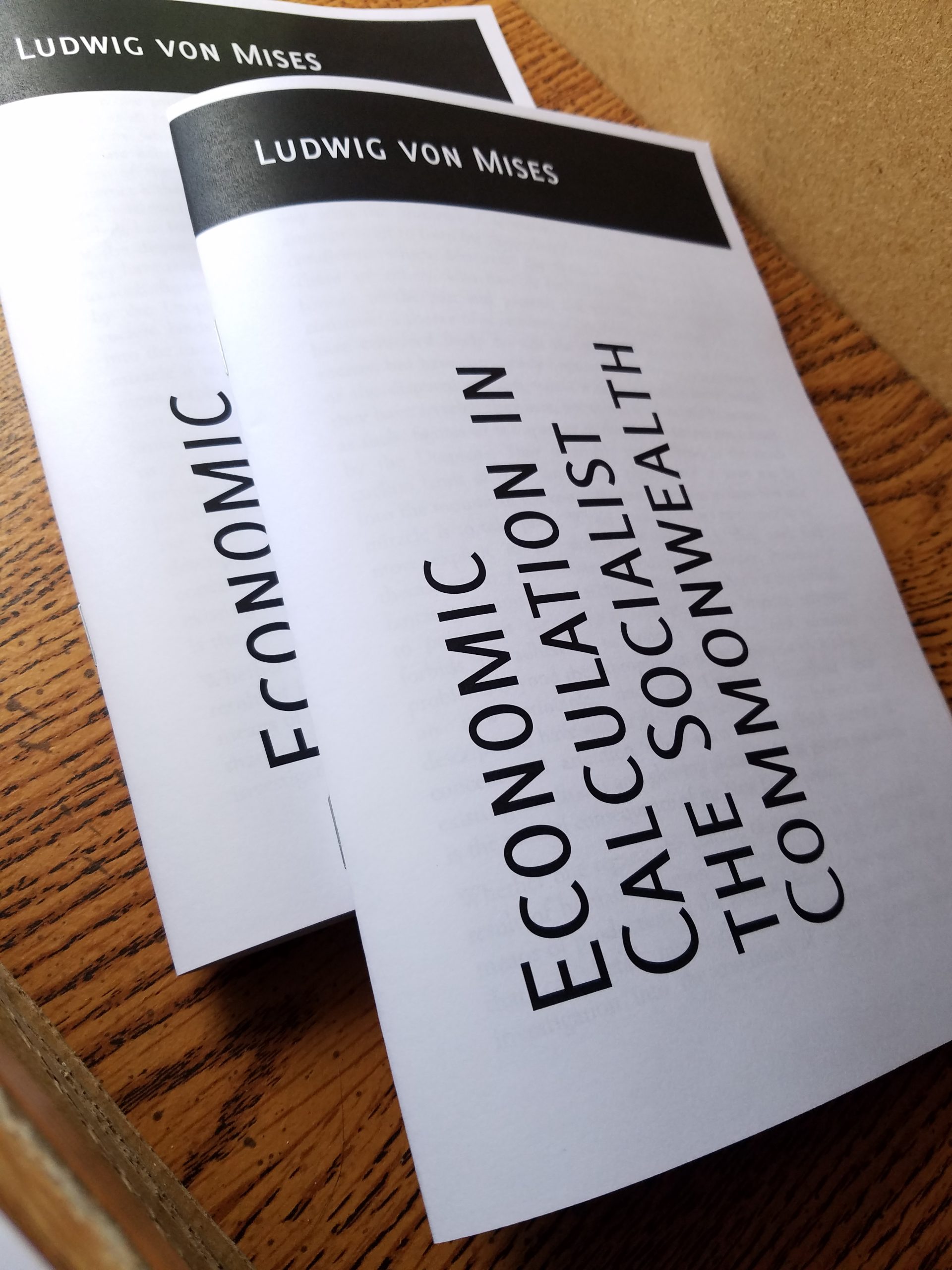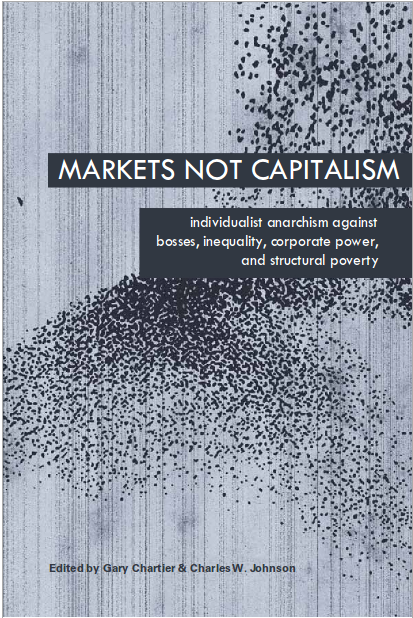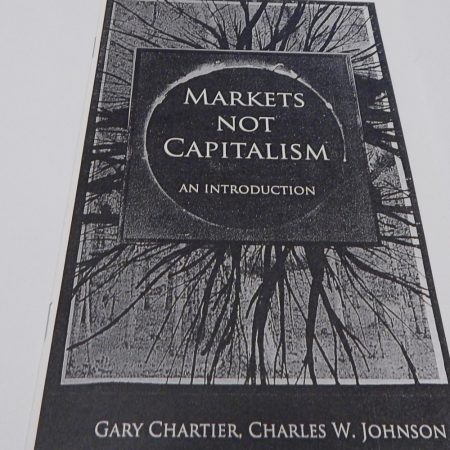Description
Economic Calculation in the Socialist Commonwealth
Introduction by Ludwig von Mises (1920)
There are many socialists who have never come to grips in any way with the problems of economics, and who have made no attempt at all to form for themselves any clear conception of the conditions which determine the character of human society. There are others, who have probed deeply into the economic history of the past and present, and striven, on this basis, to construct a theory of economics of the “bourgeois” society. They have criticized freely enough the economic structure of “free” society, but have consistently neglected to apply to the economics of the disputed socialist state the same caustic acumen, which they have revealed elsewhere, not always with success. Economics, as such, figures all too sparsely in the glamorous pictures painted by the Utopians. They invariably explain how, in the cloud-cuckoo lands of their fancy, roast pigeons will in some way fly into the mouths of the comrades, but they omit to show how this miracle is to take place. Where they do in fact commence to be more explicit in the domain of economics, they soon find themselves at a loss—one remembers, for instance, Proudhon’s fantastic dreams of an “exchange bank”—so that it is not difficult to point out their logical fallacies. When Marxism solemnly forbids its adherents to concern themselves with economic problems beyond the expropriation of the expropriators, it adopts no new principle, since the Utopians throughout their descriptions have also neglected all economic considerations, and concentrated attention solely upon painting lurid pictures of existing conditions and glowing pictures of that golden age which is the natural consequence of the New Dispensation. …








